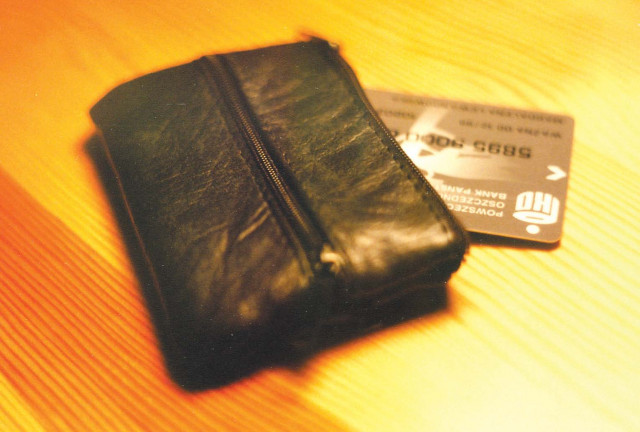Never use your credit card
There is nothing wrong with having a credit card, but nobody should ever use one for absolutely any reason whatsoever.

Never use your credit card
To justify the above claim, I will delve into the concept of credit histories: how they work and why they matter to the average Pakistani professional.
A credit history is the profile of an individual that tracks their entire record of credit-based financial transactions. While these comprise borrowing activities like credit card transactions, they can also include items such as a post-paid mobile phone or internet bills.
Lenders can access how many credit lines you have, how much you currently owe and how often you have been late in making payments. This information, combined with data about your job and income, is used to determine the likelihood that you will default on a loan.
This is done by comparing you against all other borrowers in the credit rating agency’s database and then assigning a score.
There are primarily two entities in Pakistan that provide credit rating services. One is owned by the government of Pakistan and the other is a privately owned joint venture between the JS Group and Experian, a UK-based provider of credit history services.
Neither of them make an effort to explain to consumers how their systems work and how an individual consumer can maintain a good score.
However, given the prevalence of lack of original thinking, one can safely assume that the system was essentially imported without much modification from its place of origin: the United States.
The system, originally developed by the Fair Isaac Corporation, essentially cannot distinguish between on-time payments and never having any payments due in the first place. So it makes no difference to your credit score if you get a credit card and never use it or if you use it but make all monthly payments on time.
On the other hand, carrying a balance on your credit cards goes against your score.
So it is better to never use your credit card than to use it responsibly and always make on-time payments.
The single most important component of your credit score is the ability to make payments on time. Nothing counts against your score more than a late payment. So why take a chance? Never have a late payment by ensuring that there is no payment to begin with. Keep your credit cards in your drawers.
The second most important factor is the outstanding amount. This is calculated not in terms of the total amount due but in terms of the amount you owe as a percentage of the total credit lines available to you. For instance, if your bank has given you a personal credit line of Rs500,000 and you use only Rs20,000, the system will record a four per cent utilisation rate.
Under no circumstances should the utilisation rate go over 25 per cent. Otherwise it begins counting exponentially against your credit score.
The other three factors include how long you have had a credit history (the longer the better), how many different types of credit lines you have (the more the better, such as: mortgages, personal loans and credit cards) and how many times you have sought credit within the past two years (the more you have, the worse it is for your score).
Why and how all of this matters is the subject of next week’s column.
Published in The Express Tribune, August 30th, 2010.



















COMMENTS
Comments are moderated and generally will be posted if they are on-topic and not abusive.
For more information, please see our Comments FAQ